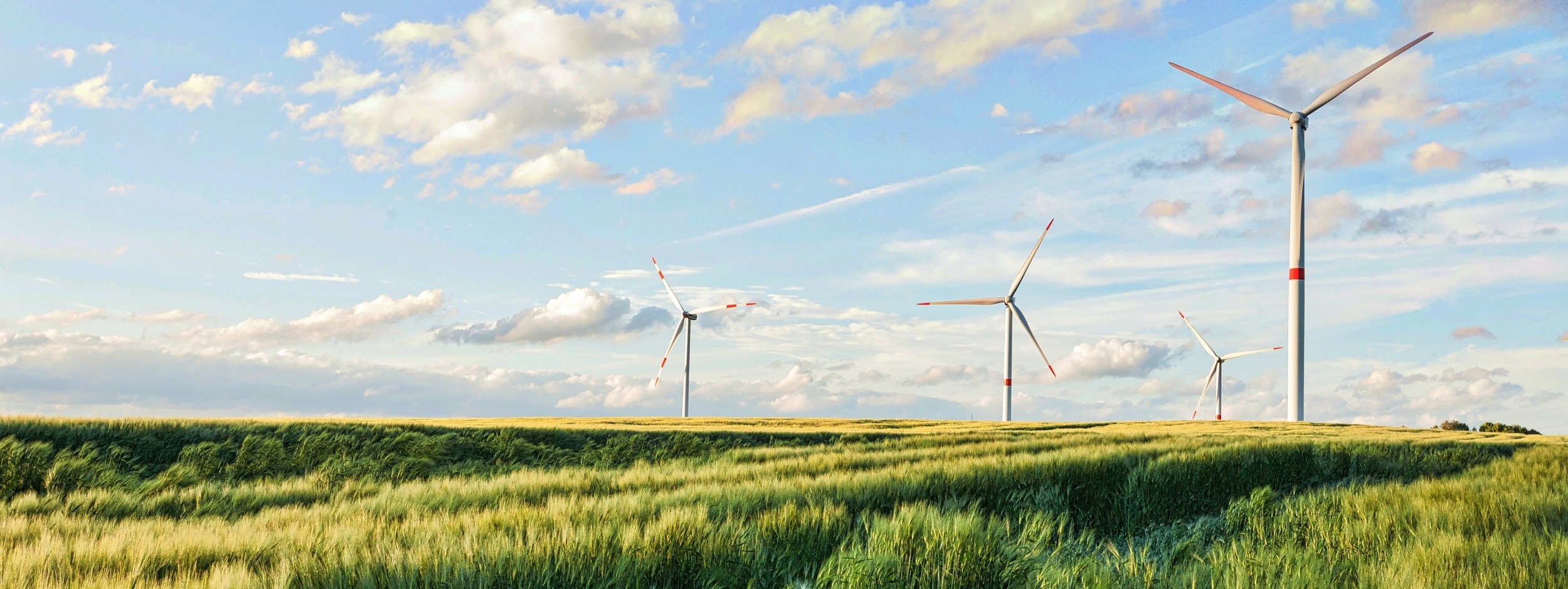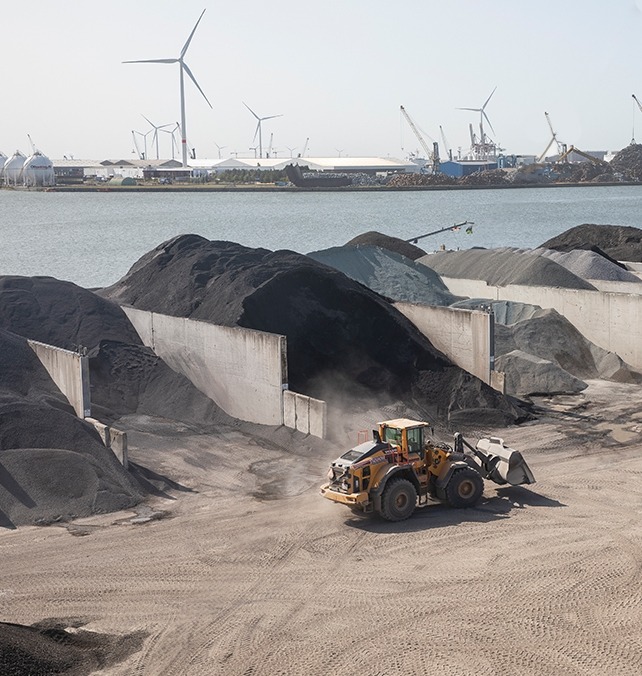
Raw materials and resources
Stadsbader endorses the Flanders Concrete Agreement (Embuild), which sets specific targets for the reduction of CO2 emissions and a reduction in the use of raw materials: including 50% reduction of CO2 emissions from concrete by 2030 compared to 1990 and zero-emission per m³ from applied concrete by 2050.
Reduce and reuse
Stadsbader raises awareness among its employees from design to execution with regard to the minimal and correct use of resources. This reduction in the use of materials has a direct impact on the following sustainability aspects within the entire value chain:
- Reduce resource depletion;
- Reduce energy demand for raw material production;
- Reduce emissions by limiting transportation;
- Reduce waste.
In addition, Stadsbader is committed to the maximum use of alternatives to cement and to alternative reinforcement of concrete.
Recycle
Thanks to its strong vertical integration - from demolition through recycling to construction - Stadsbader can make a difference when it comes to circular construction. Stadsbader strives to maximize the reuse of materials without loss of value.
In this regard, Stadsbader has its own lab, which is responsible for the qualitative development of new mixtures as well as the quality control of the recycled granules. In addition, as a member of several professional associations, Stadsbader is aware of the latest developments and technologies, as well as the legislative framework surrounding the recycling of materials.
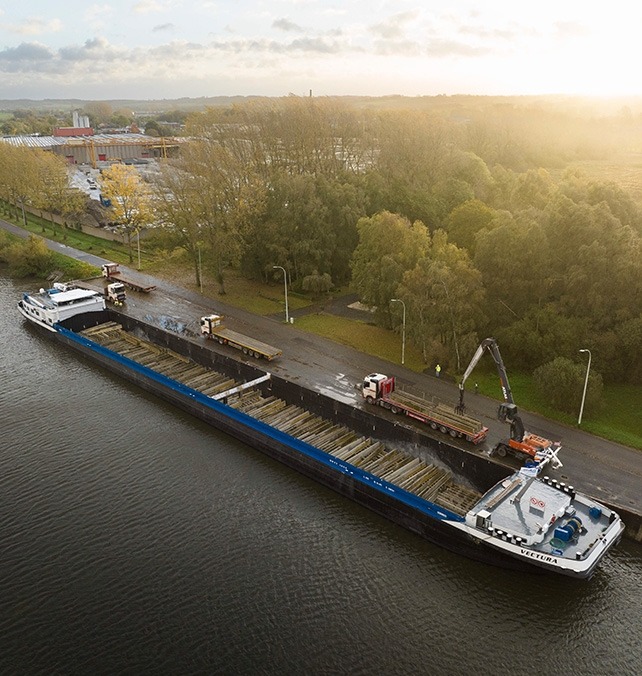
Transportation and mobility
Transport distances are reduced as much as possible, on the one hand by optimizing planning, avoiding raw materials that cannot be transported in a sustainable manner and by using pool trucks. Furthermore, continuous investment is made in a more efficient and environmentally friendly fleet of trucks, tractors and commercial vehicles and the number of empty trips is minimized.
Thanks to an optimal geographical distribution of Stadsbader's production depots in Belgium, the shortest distance to the site can always be chosen. The presence of a loading and unloading wharf is often an absolute asset for Stadsbader's sites, making it possible to maximize supplies of raw materials by water. Currently, 40% of external transport (tons.km) is already carried out by inland waterway.
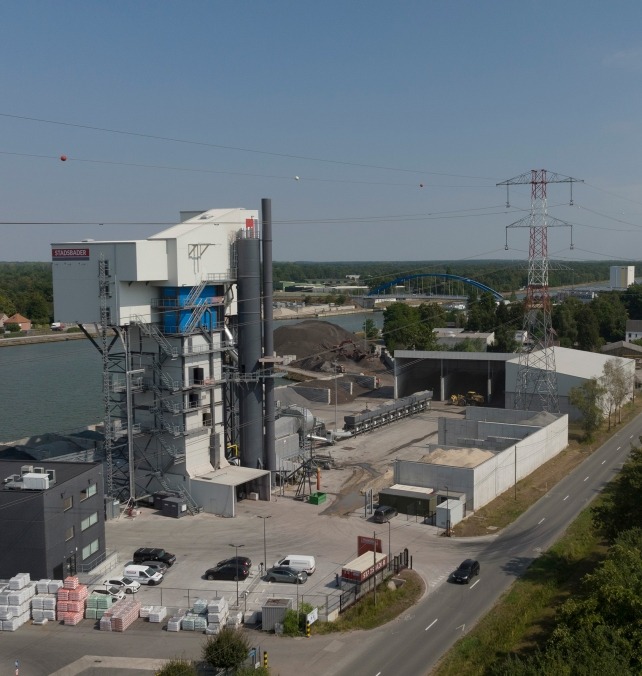
Technical systems and machinery
Stadsbader seeks to apply the most innovative methods within the various phases of the production and construction process. Continuous investments are made in more efficient technical systems. The various concrete and asphalt plants within the Stadsbader Group strive for minimum energy consumption and maximum recycling of materials.
The new high-end asphalt plant at Grobbendonk is a first in Belgium and uses the most innovative and environmentally friendly methods, allowing up to 100% recycling of raw materials. Stadsbader participated in the BAT (Best Available Techniques) study for asphalt plants, with the aim of identifying further measures that can be taken to prevent or reduce environmental nuisances. Also looking towards the future, Stadsbader BBT follows developments and we are committed to actively participating in new studies.
In addition, Stadsbader continues to invest in more efficient and economical machinery. The fuel consumption of hundreds of machines is monitored. Training is also organized to minimize idling of machines, thus reducing fuel consumption and associated emissions.
Energy
Energy consumption is minimized at design, during construction and also throughout the life of the Stadsbader sites. Energy yields and consumption are monitored and optimized.
Stadsbader applies energy-saving measures for all of its sites. Stadsbader's ambition is to self-generate as much of its own electricity needs as possible. Thus, by 2023, Stadsbader had tripled the capacity of its solar panels to make the best use of all the group's large roof areas.
The remaining, purchased power consists of 100% green electricity for all fixed locations (offices, warehouses and production sites).
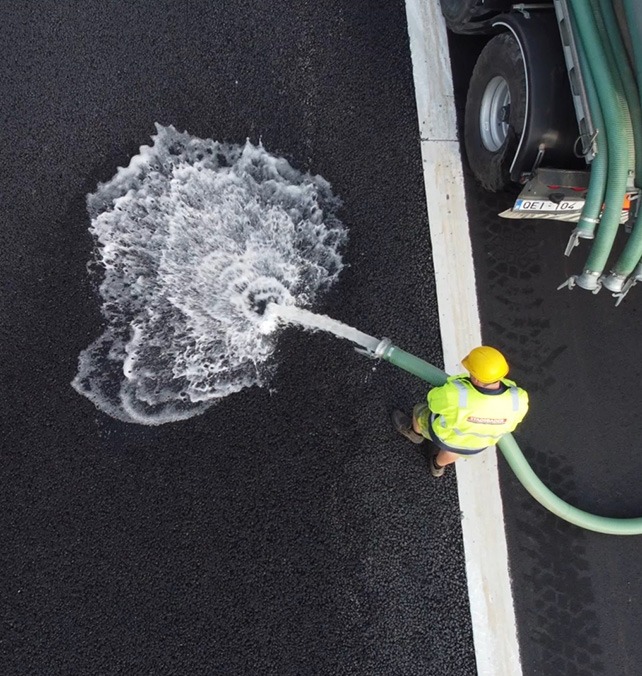
Water consumption
Stadsbader is committed to sustainable and responsible water management. This is to prevent further desiccation, to avoid flooding inside and outside the (project) boundaries and this using the guidelines as laid down in the water policy document of the Flemish Government.
Innovation and research into materials and techniques that can be deployed to achieve the objectives at the worksite and site level are also being pursued.
For paved surfaces with asphalt, StadsDRAIN was developed, allowing for better infiltration of rainwater into the soil.
Thanks to the Engineering Department, Stadsbader also has expertise in building state-of-the-art water production centres and sewage treatment plants among other things. The first temporary PFAS wastewater treatment plant in Belgium as part of infrastructure works was also built by Stadsbader.




